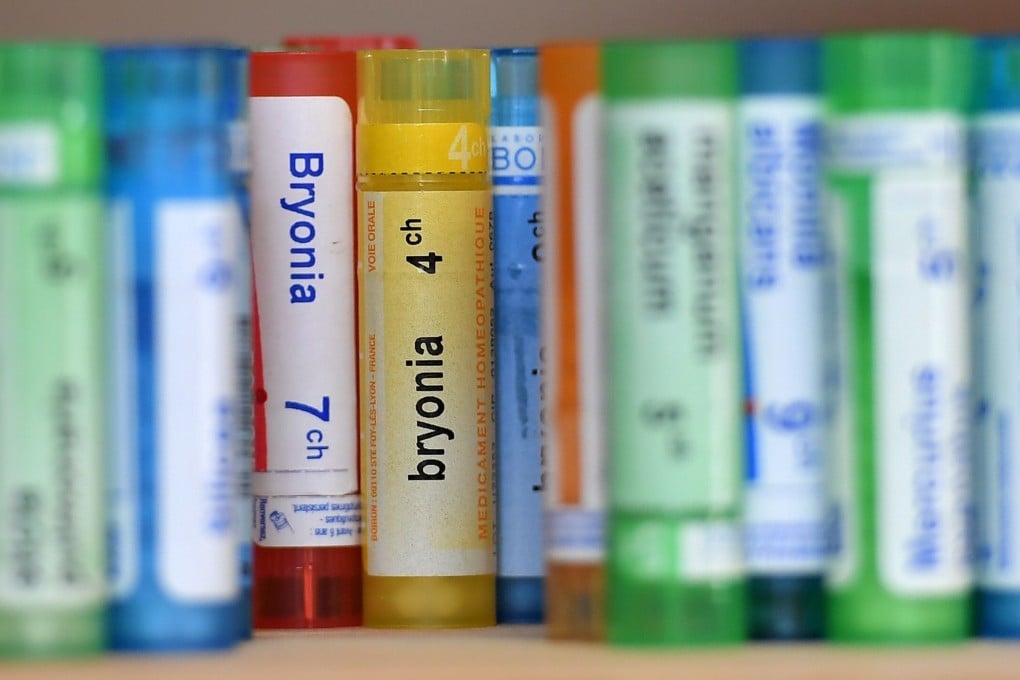Does homeopathy work? Practitioners and patients on benefits of the alternative therapy and when you should consider it
- Homeopathy, an alternative medical practice developed in the late 1700s, uses very dilute amounts of natural substances to treat ailments
- Patients use it to treat problems such as irritable bowel syndrome, skin issues, allergies and nausea

When Elkey Liu’s daughter was a toddler she suffered from a nasal allergy. She sneezed, had a runny nose and, when it was severe, her eyes became swollen. The allergens triggered eczema, so the doctor prescribed antihistamines as well as hydrocortisone cream for her body.
“I didn’t want my daughter to have too much Western medicine in her body because she was so little. I’d read about homeopathy and friends recommended a homeopath, Dr Sonal, so I took her,” says Liu.
“I think homeopathy is good for kids and babies. It’s not good for them to have too much strong, Western medicine,” says Liu.

Homeopathy is an alternative medical practice that was developed in the late 1700s in Germany in which extremely dilute amounts of certain natural substances are used to treat various ailments. It is based on rigorous dilutions and mixing, called succussions.